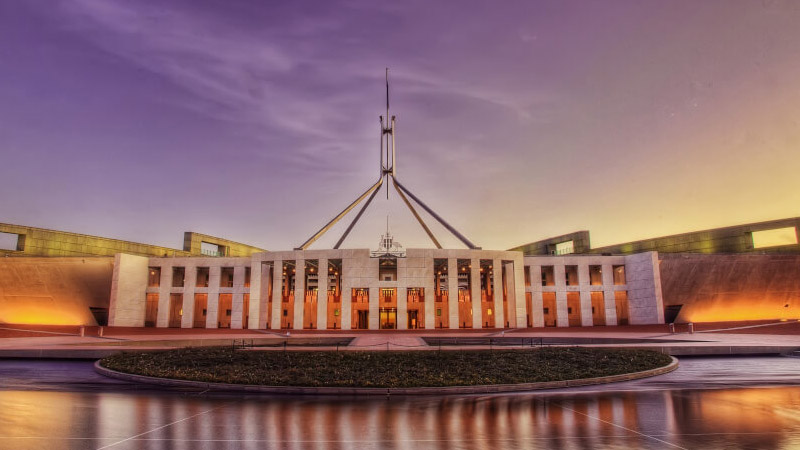Senator pushes for cost reductions in super system
Liberal Senator Andrew Bragg says costs in the superannuation system need to be re-examined and reduced given the current scale of tax expenditure provided through the Commonwealth.
Mr Bragg spoke with Rice Warner founder and executive director Michael Rice on superannuation policy during a Financial Services Council webinar on Thursday.
The pair somewhat agreed that the superannuation system could be made more efficient, calling for re-adjustments to features such as fees and investment structures.
The senator referred to estimates that the system will cost the government around $36 billion in tax concessions this year, while it will save around $9 billion.
“The question still is, if the system is going to cost more than it saves, today and into the future, then that’s not a good result for the taxpayer,” Mr Bragg said.
“We need to find a way to reduce the costs of it.
“I’m not in favour of abolition… I’m much more interested in making it work. I’d be interested in working out how we can reduce the costs of the system.”
Mr Bragg also noted there is no case, given the scale of the tax expenditure provided through the Commonwealth, for a compulsory savings system to continue if “people are taking excess profits”.
“There’s nothing else that we do in Canberra, where we are so invested in what the private sector [is] doing in a [day-to-day] sense than in super,” he said.
“… As a relatively new legislator, that’s why I push back heavily on this idea that more market intervention in super is socialism. The whole system exists because we have adopted a paternalistic approach to Australian law.”
Investment fees could go from 60 bps to 10 bps: Rice
Speaking about the 9.5 per cent superannuation guarantee, Mr Rice noted that after insurance premiums, fees and taxes, around 7 per cent of employers’ contributions are going towards members’ savings.
The average fees, Mr Rice noted, are around 1 per cent and they are trending towards decreasing, although he noted larger cuts could be made through investments.
“If you had four or five massive investments, $500 billion each perhaps, it could be done for under 10 basis points,” he said.
“Whereas in a MySuper fund, you’re probably paying over 50 to 60 basis points. So, investments [are] where big savings can be made.”
Mr Bragg responded: “So, effectively, you’re saying we’re at 60 basis points today, we could get down closer to 10. Well, that’s a long way to go.”
Mr Rice agreed, saying: “It is, and that’s without looking at operations. Using technology, I’m pretty sure we could get down further in other areas.”
He pointed to AustralianSuper aiming to shrink its expenses down to 50 basis points in its five-year plans, in contrast to a decade prior, when its fees were over 100 bps.
There has been somewhat of a trend of cost cutting across funds through bringing investment management in-house.
“Some of the big schemes are really working in the right direction; it’s a question about whether the industry as a whole needs a nudge or not,” Mr Rice said.
Mr Bragg interjected: “I mean, the industry is never going to shave 90 per cent of its costs, unless there is a market restructure.
“… But do you think that we’d get from 60 basis points to 10 basis points without government intervention?”
Mr Rice responded: “No. But we will keep trending in the right direction.”
The actuary founder also noted the Australian system does not easily compare internationally, when considering superannuation funds tend to deliver more services.
“One of the barriers to dropping the operational expenses is, in fact, changing times, use of technology and a lot of members are disengaged,” Mr Rice said.
“We have [the] choice of investment strategies within a fund and the choice of fund and we have intra-fund advice. All of these things and insurance [cost] money to deliver.
“People often do international comparisons and say ‘why can’t we be as cheap as the States?’ Part of it is scale, but part of it is our funds actually do a lot more than [what] happens in other countries.”
Mr Bragg has made the calls for reform across the super industry after recently publishing his book on the sector, Bad Egg.


